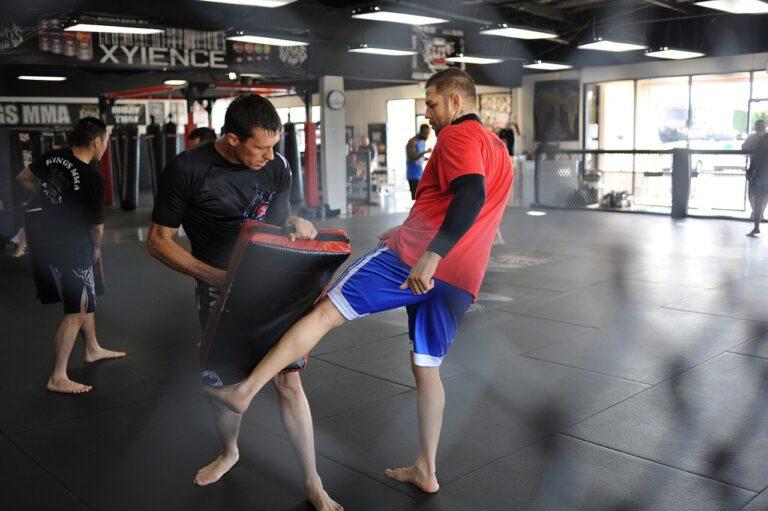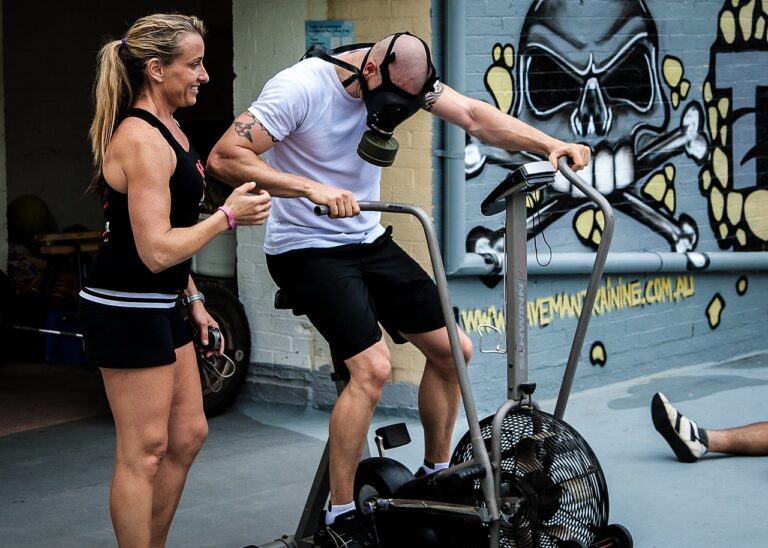Strategies for optimizing outcomes in shoulder fusion: 11xplaylogin, King567 sign up, Skyinplay
11xplaylogin, king567 sign up, skyinplay: Shoulder fusion is a surgical procedure used to treat various shoulder conditions, such as severe arthritis, rotator cuff tears, or complex fractures. The goal of shoulder fusion is to decrease pain and improve function in the shoulder joint. However, the success of the surgery depends on various factors, including the patient’s overall health, the surgical technique used, and the post-operative care.
In this article, we will discuss strategies for optimizing outcomes in shoulder fusion surgery to ensure the best possible results for patients.
Preoperative Evaluation
Before undergoing shoulder fusion surgery, it is crucial for patients to undergo a thorough preoperative evaluation. This evaluation may include imaging studies, such as X-rays, MRI scans, or CT scans, to assess the extent of the shoulder damage and determine the best surgical approach.
Choosing the Right Surgeon
Selecting a skilled and experienced orthopedic surgeon is essential for the success of shoulder fusion surgery. A qualified surgeon will have a comprehensive understanding of the shoulder anatomy and be proficient in performing the procedure using advanced surgical techniques.
Surgical Technique
The success of shoulder fusion surgery also depends on the surgical technique used. Different techniques can be employed, such as arthroscopic fusion, open fusion, or reverse total shoulder arthroplasty. The choice of technique will depend on the patient’s specific condition and the surgeon’s preference.
Post-Operative Care
Following shoulder fusion surgery, patients will need to adhere to a strict post-operative care regimen to ensure optimal outcomes. This may include physical therapy, pain management, and activity modification to facilitate proper healing of the shoulder joint.
Rehabilitation
Physical therapy plays a critical role in the rehabilitation process after shoulder fusion surgery. A structured rehabilitation program can help patients regain mobility, strength, and function in the shoulder joint. It is essential to follow the physical therapist’s instructions diligently for a successful recovery.
Patient Education
Educating patients about the procedure, potential risks, and expected outcomes is essential for a successful shoulder fusion surgery. Patients should be informed about what to expect before, during, and after the surgery to help them make informed decisions and actively participate in their recovery.
Frequently Asked Questions
Q: How long does it take to recover from shoulder fusion surgery?
A: The recovery time after shoulder fusion surgery can vary depending on the patient’s overall health and the surgical technique used. In general, patients can expect to start physical therapy within a few weeks after surgery and gradually regain mobility and function in the shoulder over several months.
Q: Are there any risks associated with shoulder fusion surgery?
A: Like any surgical procedure, shoulder fusion surgery carries some risks, such as infection, nerve damage, or failure of the fusion. It is crucial to discuss these risks with your surgeon before undergoing the procedure.
In conclusion, optimizing outcomes in shoulder fusion surgery requires a comprehensive approach that includes preoperative evaluation, selecting the right surgeon, using the appropriate surgical technique, post-operative care, rehabilitation, and patient education. By following these strategies, patients can improve their chances of a successful recovery and achieve long-term pain relief and improved function in the shoulder joint.







